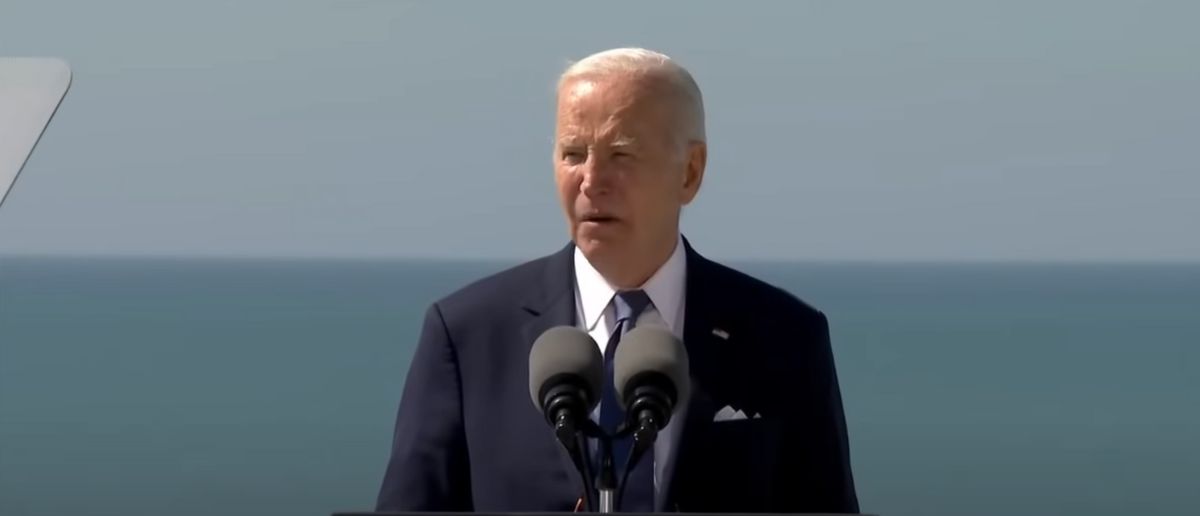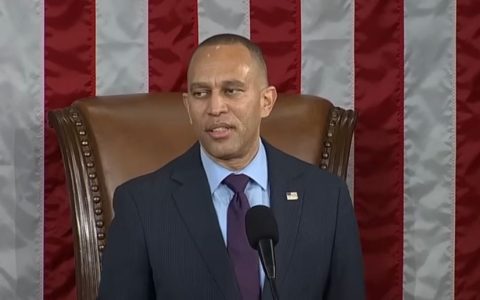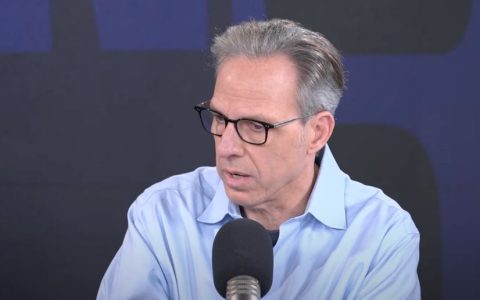
The FBI under Biden was something to behold. They did anything other than uphold the law.
Now secret FBI documents reveal a shocking assault on religious freedom.
Proposed Policy Sparks Religious Freedom Concerns
Recently, a proposed federal regulation requiring religious institutions to comply with new nondiscrimination mandates in hiring practices ignited a fierce debate over religious freedom.
The policy, introduced by the Department of Health and Human Services (HHS), would mandate that faith-based organizations receiving federal funds adopt hiring policies aligning with broader federal standards, potentially conflicting with their doctrinal beliefs.
Religious leaders across denominations expressed alarm, arguing that the rule could force institutions like schools, charities, and hospitals to compromise their core values.
“Religious freedom is the bedrock of our nation’s founding,” said Bishop Maria Thompson of the National Council of Churches in a press conference.
“Forcing faith-based groups to abandon their beliefs to access public funds undermines the First Amendment.” Supporters of the policy, including Sen. Elizabeth Warren (D-Mass.), countered that it ensures fairness and equal treatment in federally funded programs. The debate points to the ongoing tension between nondiscrimination goals and the constitutional protections afforded to religious liberty, a cornerstone of American identity.
Faith Communities Rally to Defend Constitutional Protections
Religious organizations, including Catholic, Protestant, Jewish, and Muslim groups, have mobilized to oppose the HHS proposal, citing its potential to erode their autonomy.
The policy could require faith-based employers to hire individuals whose beliefs or lifestyles conflict with their religious tenets, a move critics argue violates the Free Exercise Clause.
A coalition led by the U.S. Conference of Catholic Bishops filed a petition on July 21, urging HHS to exempt religious institutions, referencing Supreme Court precedents like Hobby Lobby (2014) and Masterpiece Cakeshop (2018), which upheld religious exemptions in similar contexts.
“Our ministries serve millions, but we cannot operate if forced to betray our faith,” the petition stated.
Proponents of the regulation argue it protects marginalized groups from discrimination, but opponents emphasize that religious freedom allows faith communities to maintain their distinct identities while serving the public. Protecting this right ensures that diverse religious groups can continue contributing to society without compromising their deeply held convictions.
Balancing Rights in a Pluralistic Society
The controversy highlights the challenge of balancing religious freedom with other civil rights in a diverse nation.
The HHS proposal follows a 2024 executive order expanding nondiscrimination protections in federal programs, prompting concerns among religious groups about government overreach.
Legal experts note that the Supreme Court’s 2020 Bostock v. Clayton County decision, while affirming workplace protections, left room for religious exemptions, yet the new policy offers limited carve-outs.
Public opinion is split, with a July Pew Research poll showing 52% of Americans support religious exemptions for faith-based organizations, while 45% prioritize nondiscrimination rules.
Religious freedom advocates argue that the U.S.’s strength lies in its commitment to protecting individual and communal beliefs, allowing faith-based groups to serve communities without sacrificing their principles.
As the comment period for the HHS rule closes on August 15, the debate will test how America upholds its First Amendment legacy while addressing modern equity concerns.





